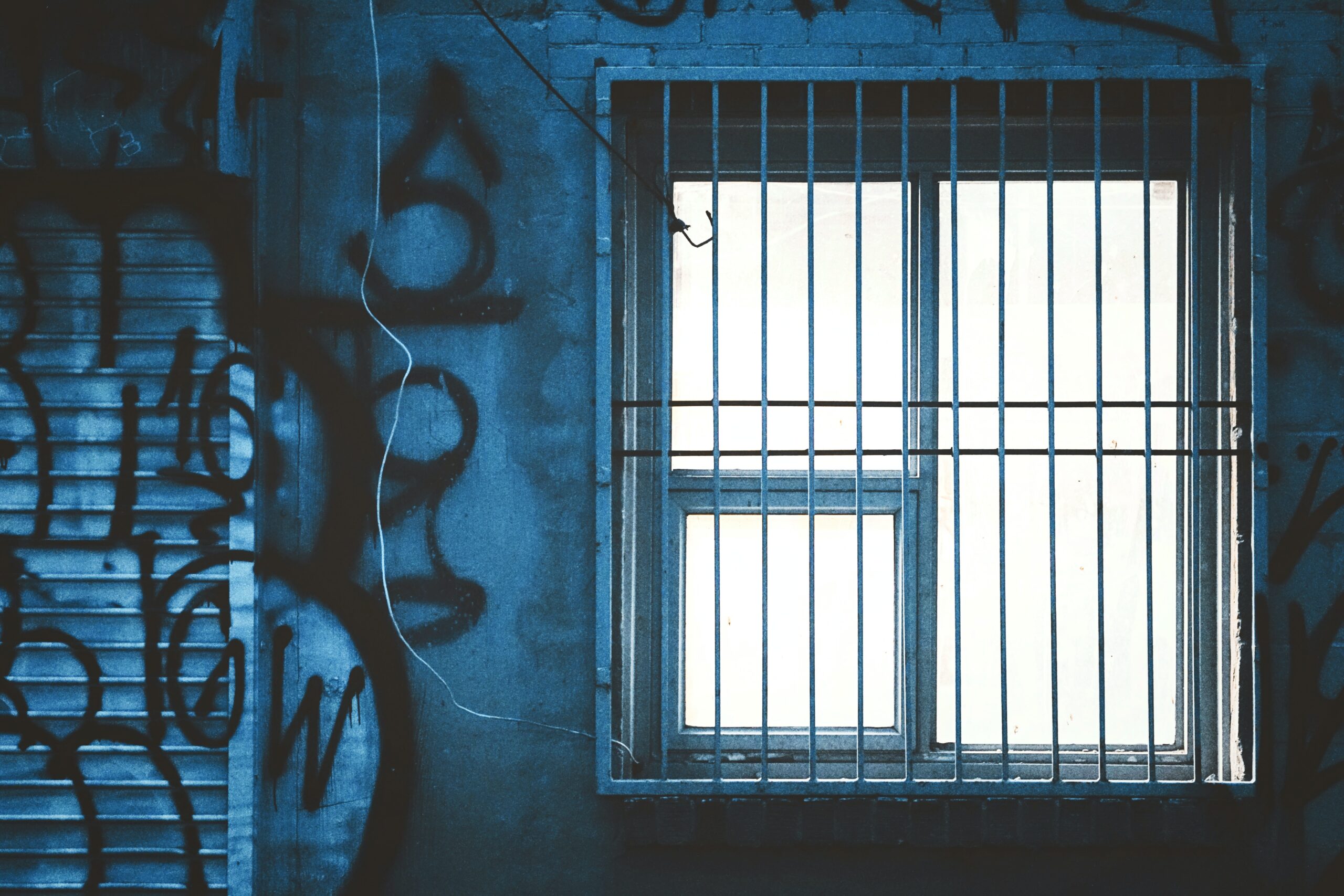The most astonishing thing about the man and the legend J. Robert Oppenheimer—a man whose intellectual brilliance was so prodigious that even in the top-secret and desolate expanses of Los Alamos, brimming with the most brilliant minds of the era, he was considered by all to be an intellectual superior—is not that he was so variously brilliant in so many fields and with tastes ranging from medieval French literature to theoretical physics and Eastern mysticism, but that he was so naïve. He fell prey to a fanciful idealism–this is the easiest takeaway, but maybe not the right one. His was a mind, brilliant and profound, that nonetheless retained the old…
-
-
“Rather perish than hate and fear, and twice rather perish than make oneself hated and feared—this must someday become the highest maxim for every single commonwealth too.”–Friedrich Nietzsche, The Wanderer and His Shadow The hypocrisy of the current military strategy of all nations was pointed out by Friedrich Nietzsche as early as 1880, when The Wanderer and His Shadow was published as an addendum to his first aphoristic work, Human, All-Too-Human: Every military erected as a means of self-defense presupposes that those against whom the military has been erected (i.e. the other nations) are on the offensive, since no military would be erected for self-defense if there were nothing to…
-
I Years before the onslaught of a madness that was to incapacitate him, voiding his intellect like the snapping of a high wire of isolation and brilliance, Friedrich Nietzsche wrote a book by the name of The Gay Science featuring the parable of the madman leaping into the marketplace, bearing a lantern in the morning hours. Its echoes, reverberating through the decades to come, would sound across the wasteland of the twentieth century whose cruelty and slaughter would eclipse all conceptions of the 19th-century imagination: “The madman jumped into their midst and pierced them with his eyes. ‘Whither is God?’ he cried; ‘I will tell you. We have killed him—you…
-
The director of such films as My Dinner with Andre and Au Revoir les Enfants, Louis Malle coaxes from his provocative film, Lacombe, Lucien, what was absent from the others: an enigma of a primary character that remains inscrutable and hollow until the epilogue of the last scene revealing that this character is to be executed by a tribunal of the French Resistance. This is Lucien Lacombe, who has taken to rattling off his last name first in keeping with the bureaucratic procedures of which that is the ugliest, most noxious sign. Having grown up on a farmstead of the French countryside, Lucien exhibits all the obvious traits of a…
-
Under the French administration at Vichy during the Second World War, the French Resistance formed in order to combat a regime collaborating with the Germans. Others resisting collaboration with Vichy, unwilling to become bystanders, also contributed to the Resistance, many being Christian rescuers harboring Jewish civilians or otherwise affording safe passage to the persecuted. Francis J. Murphy writes of these Christian rescuers that they “contributed to the fact that 75 percent of French Jews survived the war, a far higher proportion than in Belgium or the Netherlands,” going on to write the lamentable fact that “of the 300,000 Jews in France, 75,000 perished.”[1] Whatever the casualties of warfare and its…












